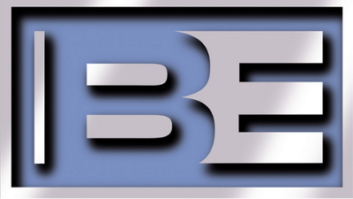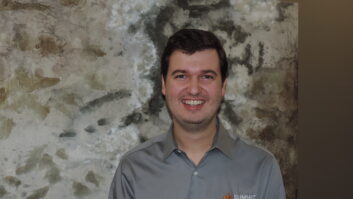Howard Stern’s intention to go to satellite radio and Clear Channel’s plan of reducing spot-load clutter and inventory were among the hot topics discussed by panelists speaking at the Group Executives Super Session, sponsored by Interep.
Entercom’s David Field called the announcement a “kick in the chin.” He believes people are exaggerating the impact the move will have on Infinity/Viacom, likening the speculation as similar to what many people predicted when Johnny Carson left The Tonight Show.
“The question for the Viacom team is who is going to fill that slot,” said Field. “Howard’s had a nice run. It’s time for someone else to take that slot.”
In general, Smyth said terrestrial radio shouldn’t fear satellite radio.
“Satellite radio will be there. I don’t believe radio is an analog medium behind the dog track.”
Citadel Broadcasting’s Judy Ellis said another issue the Stern news brings to light is whether terrestrial radio should air ads for satellite radio. She said as Stern devoted much of his Wednesday show discussing Sirius. She plans to calculate how much time outside of the normal spotload for that show was devoted to Sirius and bill Stern’s show for the airtime, she said.
Entercom does not run ads for satellite radio. Ellis said stations can have such specifics written into their contracts with syndicators.
On the issue of lowering spot inventory and reducing spot lengths, panelists were supportive of Clear Channel’s initiative. Ellis called it a “positive” thing for radio, and Field said Entercom also “would be in the :30s business in the future.”
Many of the panelists also believe the economies of scale promised by consolidation are overblown.
“As long as we put customers, radio will remain viable,” predicted Greater Media’s Peter Smyth.
Mark Mays of Clear Channel Worldwide and Chesley Maddox-Dorsey of Access.1 Communications were also panelists.
Competition, Inventory Dominate Group Heads Talk
Competition, Inventory Dominate Group Heads Talk












